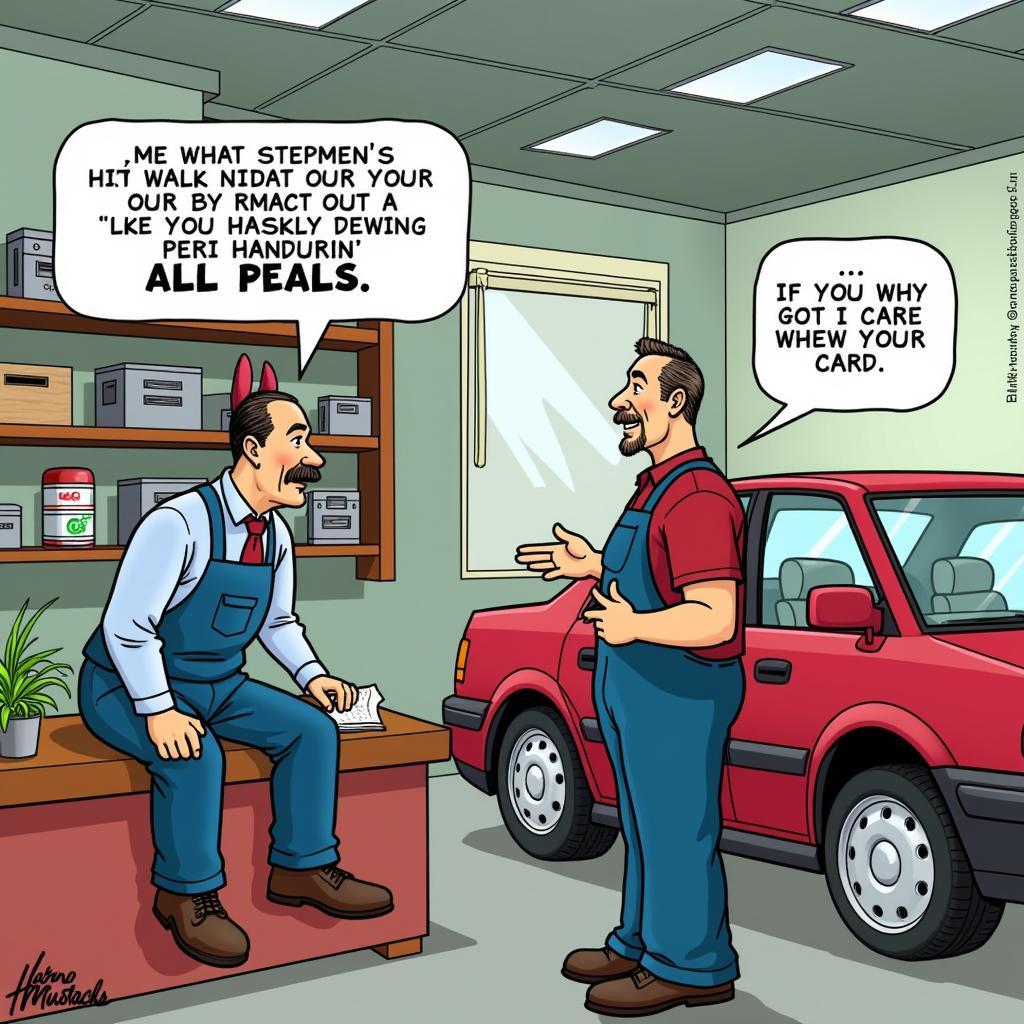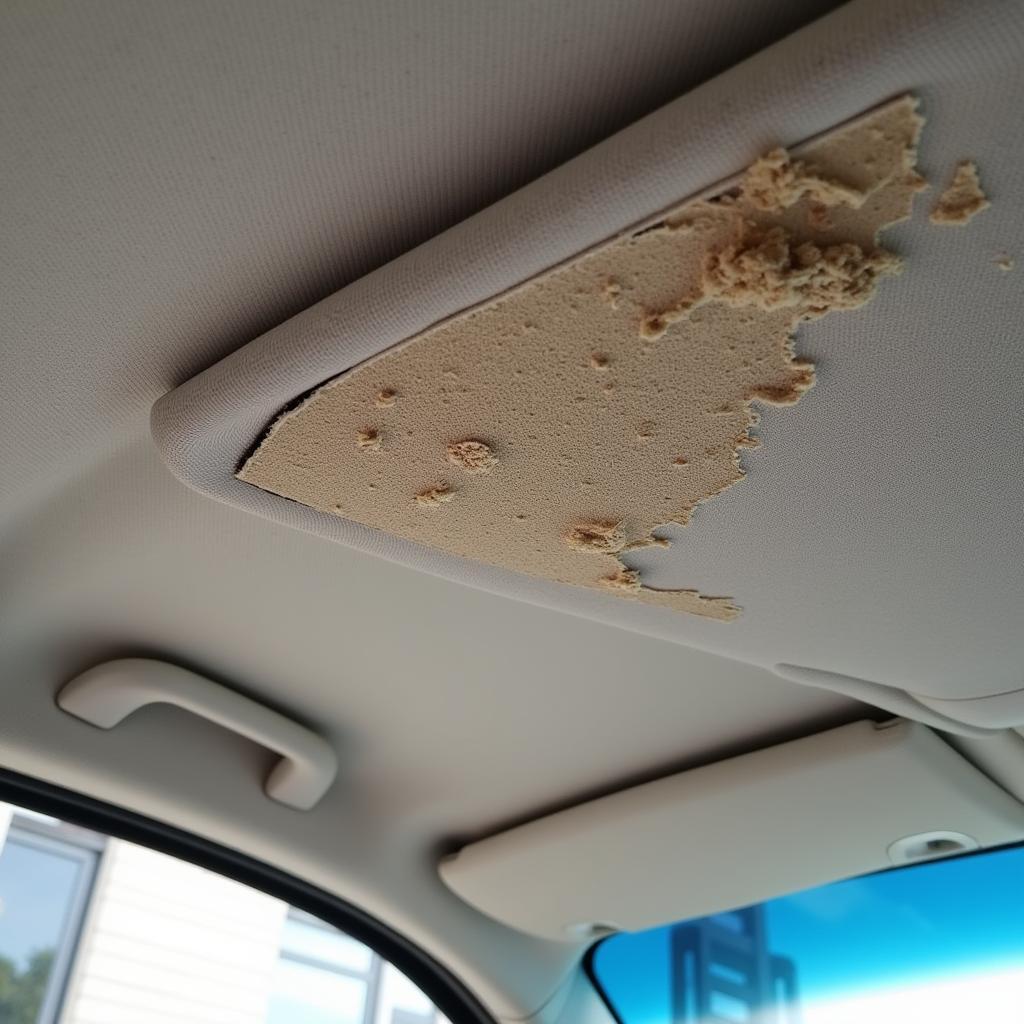Can You Take Insurance Money And Not Fix Your Car? It’s a question many car owners ponder after an accident. This article explores the intricacies of insurance payouts, repair obligations, and the potential consequences of pocketing the cash instead of repairing your vehicle. We’ll delve into the legal, financial, and practical implications of this decision, providing you with a comprehensive understanding to help you make the best choice for your situation.
Understanding Your Insurance Policy and “Can You Take Insurance Money and Not Fix Your Car?”
Before we dive into the specifics, it’s crucial to understand your insurance policy. Policies vary significantly, and what’s permissible in one situation might not be in another. Your policy outlines the terms and conditions of your coverage, including what happens after an accident. It’s essential to read and understand these details thoroughly, or consult with your insurance provider if you have any questions. Knowing your policy inside and out will empower you to make informed decisions about your vehicle and finances after an accident.
Decoding the Fine Print: Repair Clauses and Obligations
Many insurance policies include clauses related to vehicle repairs. Some policies may stipulate that the insurance company has the right to inspect the damaged vehicle and ensure repairs are completed to a satisfactory standard. Others may require you to use a specific repair shop within their network. It’s crucial to understand these clauses to avoid potential issues down the road.
What Happens if You Don’t Repair Your Car After an Insurance Payout?
Choosing not to repair your car after receiving an insurance payout can have several consequences, both immediate and long-term. Understanding these potential pitfalls is vital before making your decision.
Legal and Financial Ramifications of Not Fixing Your Car
Legally, taking the insurance money and not fixing your car is usually permissible, especially if you own the car outright. However, if you have a loan on the vehicle, the lender likely holds a lien on the title, and they might require you to use the insurance money for repairs. Financially, driving an unrepaired car can be risky. Further damage could occur, leading to increased repair costs in the future. Furthermore, your car’s resale value will likely decrease significantly.
Safety Concerns and the Importance of Repairs
Driving a damaged car can compromise your safety and the safety of others. Damaged structural components, faulty brakes, or malfunctioning lights can increase the risk of another accident. Always prioritize safety and consider the potential dangers before deciding against repairs.
“Ignoring necessary repairs can be a recipe for disaster,” says automotive expert, John Miller, ASE Certified Master Technician. “While the upfront savings might be tempting, the long-term costs and safety risks are often far greater.”
Impact on Future Insurance Claims
Taking the insurance money and not fixing your car can impact future insurance claims. If you’re involved in another accident and the previously unrepaired damage contributes to the new damage, your claim might be denied or reduced.
When Does it Make Sense to Not Fix Your Car?
While repairing your vehicle is typically recommended, there are certain situations where it might make sense to take the insurance money and not fix your car.
Totaled Vehicles and Salvage Titles
If your car is declared a total loss by the insurance company, meaning the cost of repairs exceeds the car’s value, taking the payout and not repairing it is often the logical choice. Your car will likely receive a salvage title, indicating it was significantly damaged.
Older Vehicles and Diminished Value
For older vehicles with pre-existing damage or significantly diminished value, repairing minor damage might not be financially viable. The repair cost could exceed the car’s worth, making it more sensible to take the payout and consider other transportation options.
Making an Informed Decision: Weighing Your Options
The decision of whether or not to fix your car after an insurance payout is a personal one. Consider your individual circumstances, financial situation, and the long-term implications before making a choice.
“Every situation is unique,” adds Sarah Johnson, Lead Claims Adjuster with over 15 years of experience. “Consulting with your insurance agent and a trusted mechanic can provide valuable insights to help you make the right decision for your specific needs.”
Conclusion: Can you take insurance money and not fix your car?
Can you take insurance money and not fix your car? The answer is often yes, but it’s crucial to understand the implications. Weigh the legal, financial, and safety aspects before making a decision. Contact us at AutoTipPro at +1 (641) 206-8880 or visit our office at 500 N St Mary’s St, San Antonio, TX 78205, United States, for personalized guidance and support.
FAQ
-
What is a salvage title? A salvage title indicates a vehicle has been significantly damaged and declared a total loss by an insurance company.
-
Can I still drive a car with a salvage title? In most states, yes, but it might be difficult to insure and register.
-
Will my insurance rates go up if I don’t fix my car? Not necessarily, but future claims related to the unrepaired damage might be denied or reduced.
-
What happens if my lender has a lien on my car? Your lender might require you to use the insurance money to repair the vehicle.
-
Can I negotiate the insurance payout amount? Yes, you can negotiate with the insurance company to reach a fair settlement.
-
Should I get a second opinion on repair estimates? Getting a second opinion from a trusted mechanic is always a good idea.
-
How can I find a reputable repair shop? Ask for recommendations from friends, family, or your insurance agent.






Leave a Reply